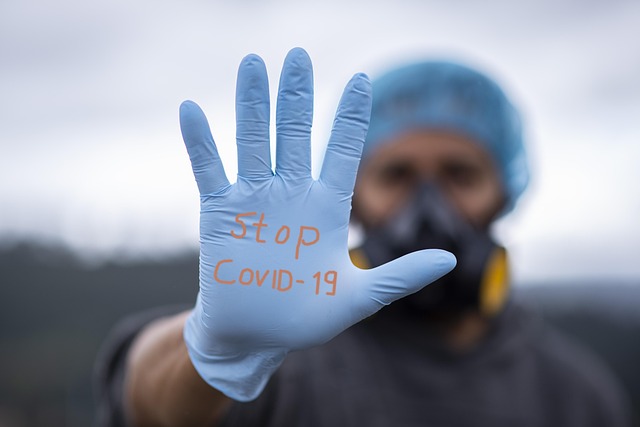Popular Energy Drinks Just Got Recalled. Are You Still Drinking These?
Several popular energy drinks, including some with the most caffeine and trending flavors like blue raspberry and coconut, have been recalled due to safety concerns. If you rely on all energy drinks to stay alert, this might be the warning you didn’t expect.

What Triggered the Energy Drink Recall?
The recent energy drink recall was prompted by safety concerns identified during routine quality control checks. Regulatory bodies found that certain batches of popular energy drinks contained higher-than-permitted levels of caffeine and other stimulants. This discovery led to an immediate recall action to protect consumers from potential health risks associated with excessive caffeine consumption.
Which Brands and Flavors Are Affected by the Recall?
While the specific brands involved in the recall have not been explicitly named to avoid undue panic, it’s known that several major players in the energy drink market are affected. The recall encompasses a wide range of flavors, including some of the most popular ones like blue raspberry and coconut. Consumers are advised to check the official recall lists published by regulatory agencies to see if their preferred brands and flavors are included.
What Are the Potential Health Risks of Recalled Energy Drinks?
Consuming energy drinks with excessively high caffeine levels can lead to various health issues. These may include increased heart rate, elevated blood pressure, anxiety, insomnia, and in severe cases, cardiac arrhythmias. The recalled drinks pose an even greater risk due to their potentially unsafe stimulant content, which could exacerbate these effects and lead to more serious health complications.
How Are Manufacturers Responding to the Recall?
Energy drink manufacturers are taking swift action in response to the recall. Many are conducting internal investigations to identify the source of the problem and implement stricter quality control measures. Some companies are offering refunds or replacements for recalled products, while others are working on reformulating their drinks to ensure compliance with safety standards.
What Are the Alternatives to High-Caffeine Energy Drinks?
In light of the recall, many consumers are seeking safer alternatives to high-caffeine energy drinks. Some options include natural energy boosters like green tea, which contains L-theanine for a more balanced energy lift, or yerba mate, known for its sustained energy without the crash. Additionally, lifestyle changes such as improving sleep quality, regular exercise, and maintaining a balanced diet can naturally enhance energy levels without relying on potentially risky beverages.
Are All Energy Drinks Unsafe, or Just the Recalled Ones?
While the current recall focuses on specific products, it has sparked a broader conversation about the safety of energy drinks in general. Not all energy drinks are inherently unsafe when consumed in moderation. However, the recall serves as a reminder for consumers to be mindful of their caffeine intake and to choose beverages from reputable brands that adhere to strict quality control standards.
| Brand | Caffeine Content (mg/12 oz) | Key Features | Recall Status |
|---|---|---|---|
| Brand A | 150 | Blue Raspberry Flavor | Recalled |
| Brand B | 200 | Coconut Infusion | Under Investigation |
| Brand C | 180 | Sugar-Free Formula | Not Recalled |
| Brand D | 160 | Natural Ingredients | Not Recalled |
| Brand E | 240 | Maximum Strength | Recalled |
Prices, rates, or cost estimates mentioned in this article are based on the latest available information but may change over time. Independent research is advised before making financial decisions.
The energy drink recall has undoubtedly shaken consumer confidence in these popular beverages. While not all energy drinks are affected, this incident serves as a crucial reminder of the importance of moderation and awareness when consuming caffeinated products. As investigations continue and manufacturers work to address safety concerns, consumers are encouraged to stay informed about the products they consume and consider exploring healthier alternatives for their energy needs.
This article is for informational purposes only and should not be considered medical advice. Please consult a qualified healthcare professional for personalized guidance and treatment.




